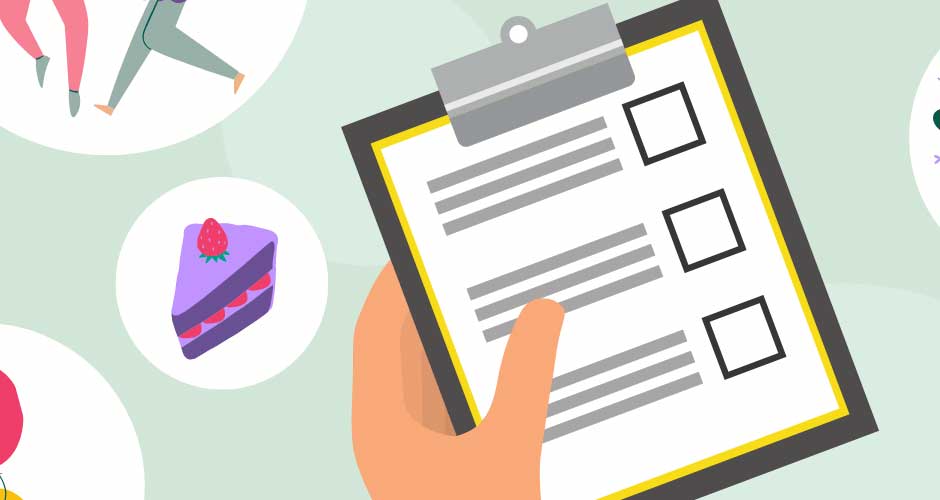Planning a big event can be both exhilarating and daunting. Whether it’s a corporate gathering, a wedding, or a community festival, the goal is always the same: to create memorable experiences for attendees. With careful planning and attention to detail, you can ensure that your event stands out for all the right reasons. Here are some effective strategies to help you craft unforgettable experiences.
1. Define Your Objectives
Before diving into the details, it’s essential to clarify your event’s objectives. What do you want to achieve? Are you aiming to raise awareness for a cause, celebrate a milestone, or foster networking among attendees? Establishing clear goals will guide your planning process and help you make decisions that align with your vision. Write down your objectives and refer back to them throughout the planning stages to keep your focus sharp.
2. Know Your Audience
Understanding your audience is critical for creating a memorable experience. Research to gather insights into their preferences, demographics, and interests. Consider conducting surveys or focus groups to gain direct feedback. Tailoring your event to resonate with your audience will make them feel valued and engaged, increasing the likelihood of a positive experience.
3. Create a Detailed Plan
A solid plan is essential for executing a successful event. Start by breaking your event into manageable parts, such as choosing a venue, arranging catering, organizing entertainment, and handling logistics. Develop timelines for each task and assign responsibilities to team members to maintain accountability. Utilizing project management tools can streamline the process and keep everyone focused. Additionally, if you’re looking for an efficient way to transport materials, consider a cargo trailer for sale in Utah to enhance your event planning.
4. Choose the Right Venue
The venue sets the tone for your event, so it’s crucial to choose a location that aligns with your theme and objectives. Consider factors such as capacity, accessibility, and ambiance. A well-chosen venue enhances the experience and makes attendees feel comfortable and engaged. Visit potential venues to assess their suitability and imagine how your event will unfold in the space.
5. Focus on the Guest Experience
Every detail matters when crafting memorable experiences. Think about how you can enhance the guest experience from start to finish. Consider elements like registration processes, seating arrangements, and amenities. Personalized touches, such as welcome gifts or tailored itineraries, can leave a lasting impression. Don’t forget about accessibility; ensure that all guests feel included and comfortable.
6. Incorporate Engaging Activities
Engaging activities keep guests interested and involved throughout the event. Depending on your audience and theme, consider interactive elements like workshops, games, or live demonstrations. These activities foster participation and create opportunities for networking and connection. If your event includes speakers or presentations, ensure they are dynamic and relatable to hold the audience’s attention.
7. Leverage Technology
In today’s digital age, technology plays a significant role in event planning and execution. Utilize event management software for registration, ticketing, and attendee tracking. Consider incorporating live streaming or virtual components to reach a broader audience. Social media can also enhance engagement; and encourage attendees to share their experiences online using a designated hashtag.
8. Plan for Contingencies
No matter how meticulously you plan, unexpected challenges can arise. It’s crucial to have contingency plans in place for potential issues such as bad weather, technical difficulties, or last-minute cancellations. Identify possible risks and develop strategies to mitigate them. Having backup vendors or alternative activities ensures that your event runs smoothly, even when things don’t go as planned.
9. Gather Feedback
After the event concludes, take the time to gather feedback from attendees. This information is invaluable for future planning. Use surveys or informal discussions to learn what worked well and what could be improved. Consider sending out thank-you notes to attendees and include a feedback link. Analyzing this data will help you refine your strategies and enhance the experience for future events.
10. Reflect and Celebrate
Once the dust has settled, reflect on the entire planning and execution process. Celebrate your successes with your team, acknowledging their hard work and dedication. Once the dust has settled, take time to reflect on the entire planning and execution process. Celebrate your successes with your team, acknowledging their hard work and dedication. Consider personalized touches like custom tote bags filled with event mementos or thank-you notes as a token of appreciation. Share highlights from the event, such as photos or testimonials, to reinforce the impact of your efforts. Recognizing these achievements not only boosts team morale but also sets the stage for future collaborations. Share highlights from the event, such as photos or testimonials, to reinforce the impact of your efforts. Recognizing the achievements not only boosts team morale but also sets the stage for future collaborations.
In Conclusion
Crafting memorable experiences through big event planning is a multifaceted process that requires careful consideration, creativity, and collaboration. By defining clear objectives, understanding your audience, and focusing on the guest experience, you can create events that leave a lasting impression. Embrace technology, plan for contingencies, and always seek feedback to continuously improve. With these strategies in hand, you’re well on your way to orchestrating unforgettable events that resonate with attendees long after the final curtain falls.
